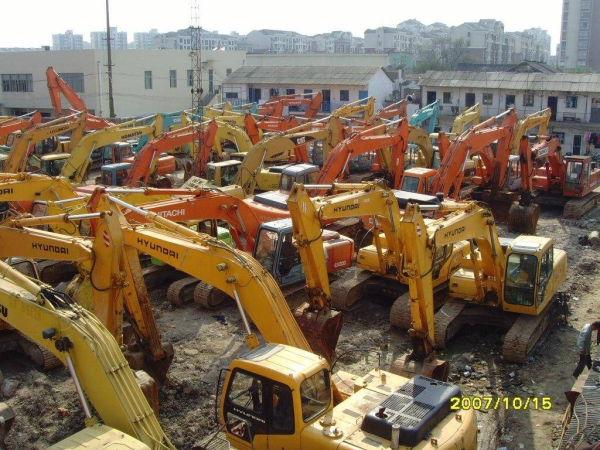The "Cost of Ownership" for Connecticut Construction Insurance Buyers
Posted by Robert Phelan on Wed, Oct 20, 2010 @ 02:13 PM
Measuring the “Cost of Ownership” of Construction Insurance
We have written posts about the Total Cost of Risk and I suspect many construction company owners don’t relate to that concept. So I’m going to try another angle.
Many of you make large capital equipment purchases throughout the year. Let’s use an Excavator as an example. In addition to the standard comparison items like:
Track length
Reach
Dig Depth
Lift Capacity
Operating Weight
You are also going to look at Cost of Ownership. This would include items such as:
Can I depend on this Mfr/Model to be free of expensive maintenance?
What are the annual operating expenses?
How strong is the warranty?
How about trade in value? Does this make/model hold it’s value?
What kind of downtime will I have for standard maintenance?
In other words, what does it cost to own this piece of contracting equipment?
Connecticut contractors need to look at insurance purchasing the same way. Just as in equipment, the premium does not reflect the total cost of ownership. Two pieces of equipment that have the same price tag could have very different costs of ownership.
What are the kinds of comparison points that you would look at when evaluating insurance?
First would be considerations of your Risk Advisor or Insurance Agent. You would compare:
Experience of the service team:
Breadth of capabilities (Safety consulting, Claim consulting, HR assistance, Bid spec review, Contract terms evaluation, etc.)
Willingness to receive performance-based compensation
Workers Comp Experience Mod Rate improvement plan
Problem solving abilities
Second would be the insurance carriers:
Which ones specialize in contractors of your type?
What specialized services do they have for contractors?
What is the average tenure of their claim reps?
Do they have a Preferred Provider Network that works for you?
Are their loss control reps construction specialists?
Are their in-house lawyers construction specialists?
These services are about two things: Preventing claims and minimizing the expenses of claims you have (The TRUE Cost of Risk). If one construction workers comp claim is mismanaged, it could not only cost you lots of time and money. It could cost you work. Every Connecticut contractor insurance buyer knows that an EMR of 1.0 or greater puts them in the “danger zone” of not only an increase in construction workers compensation premiums, but also in their ability to bid jobs for certain owners and general contractors.
What would the cost be to your construction company if you couldn’t bid or didn’t get $2M worth of work in the next three years? Will the broker/carrier combination you have just chosen based on a low bid be the best ones to prevent this from happening? Think of that carefully and be sure to pay as much attention to insurance buying as you do to equipment buying.